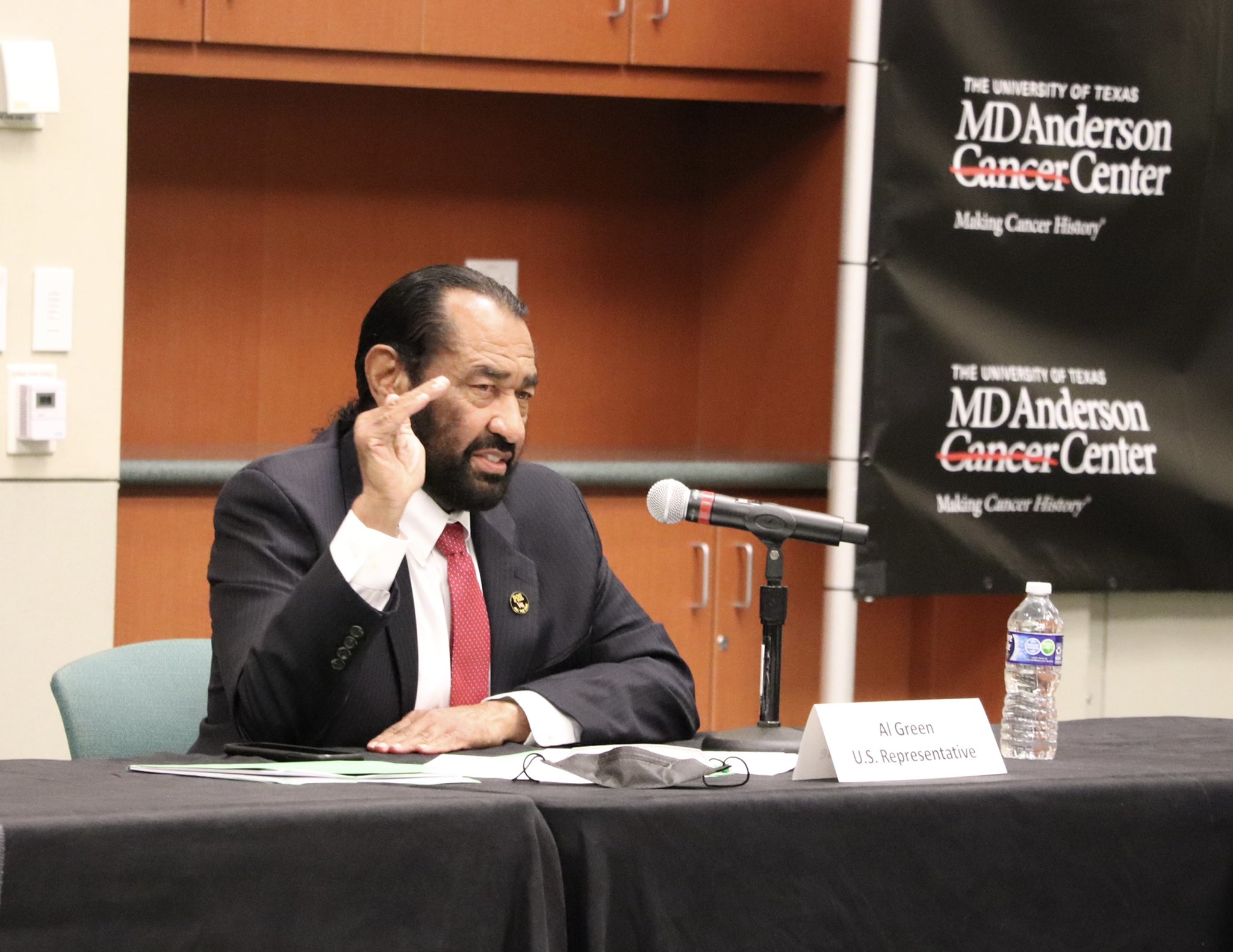ARTICLE AD BOX
Top IDF brass and defense minister Yoav Gallant were for striking the more powerful enemy first.
By Batya Jerenberg, World Israel News
Israel came very close to preemptively striking Hezbollah four days after the October 7, 2023 Hamas invasion in the belief that one should hit the more powerful enemy first, The Jerusalem Post reported Thursday.
IDF Chief of Staff Herzi Halevi was thinking about such an operation within minutes of the war breaking out in the south, the report said.
Military intelligence brought him information about a potential complementary invasion from Lebanon by the much stronger Hezbollah forces, with concern growing steadily due to the Iranian proxy’s launch of dozens of missiles at northern Israel starting on October 8.
Halevi held round after round of consultations with top subordinates such as Northern Command chief Uri Gordon and air force commander Tomer Bar, and told several people that it “was too good an opportunity to miss,” and that “if there are two enemies, you go after the stronger one first to avoid them taking you by surprise,” the report said.
The chief of staff also contacted then-defense minister Yoav Gallant, who strongly supported the idea to get the jump on Hezbollah before it organized for a major attack.
Both Halevi and Gallant met with Prime Minister Benjamin Netanyahu on the subject, although Gallant had a very hard time getting in to see Netanyahu and had to be content at first with speaking to the prime minister’s confidant, Minister of Strategic Affairs Ron Dermer.
He made it clear to Dermer that Hezbollah had to be attacked now, and not doing so could lead to the opportunity being lost for a long time.
Instead of bringing the defense minister to Netanyahu, Dermer called U.S. National Security Adviser Jake Sullivan, which led to President Joe Biden talking directly to Netanyahu.
Biden made the American position crystal clear, saying, “Do not do this…. This is a mistake. Do not go down this road.”
U.S. intelligence and the military strongly believed that the Israelis were reading Hezbollah’s actions incorrectly, that it had no plans for an invasion, and that a strike that would cripple the terror group would lead to a regional war.
This opinion was conveyed to Dermer when Netanyahu actually interrupted a security cabinet meeting for the minister to call Sullivan again.
The report said that Sullivan brought the top U.S. guns to convince Dermer, including then-secretary of state Antony Blinken, defense secretary Lloyd Austin, CIA director William Burns, director of national intelligence Avril Haines, and Chairman of the Joint Chiefs CQ Brown.
When Netanyahu, Gallant, Halevi and Dermer met after the call, the report said that the prime minister clearly voiced his disapproval of a strike.
“I am opposed,” he said. “We would face massive destruction on the home front. You see all of these buildings in Tel Aviv. They will all be destroyed. Hezbollah just has too many rockets. Also, we need the full backing of the Americans for invading Gaza.”
He was also fearful, he said, that “the blow to the Israeli home front will be so horrible that it will cause a deep demoralization.”
When speaking to the security cabinet, Netanyahu focused on the political aspect, saying that Biden’s message to him had been “that a [wrong] decision to significantly escalate the conflict with Hezbollah with a preemptive strike could radically alter Israeli-US relations.”
He also received crucial support from Benny Gantz and Gadi Eisenkot, whose party joined the government in a show of national unity following the surprise invasion, and were in the cabinet.
They are both former chiefs of staff, and lent an Israeli military imprimatur to foregoing a strike even while Halevi was being backed by his intelligence chief Aharon Haliva, Bar and Gordon, besides the heads of the Mossad and Shabak.
In the event, when the IDF turned its attention to Hezbollah in September, almost a full year after the war began, with tens of thousands of northern residents having been displaced from their homes the whole time, the war in Lebanon ended within three months with the terror group’s crushing defeat.
Then, too, the Biden administration had expressed its firm opinion that Israel should not strike Hezbollah.
Benajmin NetanyahuBiden AdministrationChief of Staff HaleviHezbollahRon DermerYoav Gallant

 2 hours ago
4
2 hours ago
4









 English (US) ·
English (US) ·